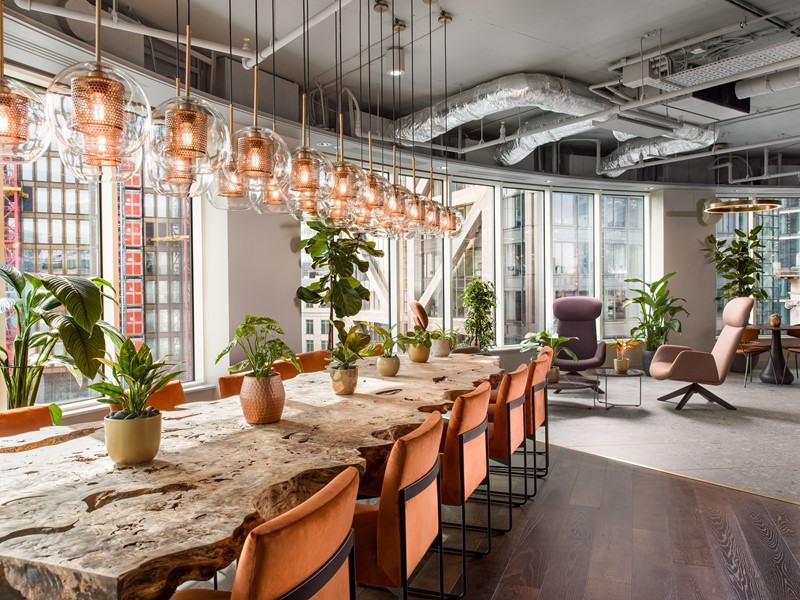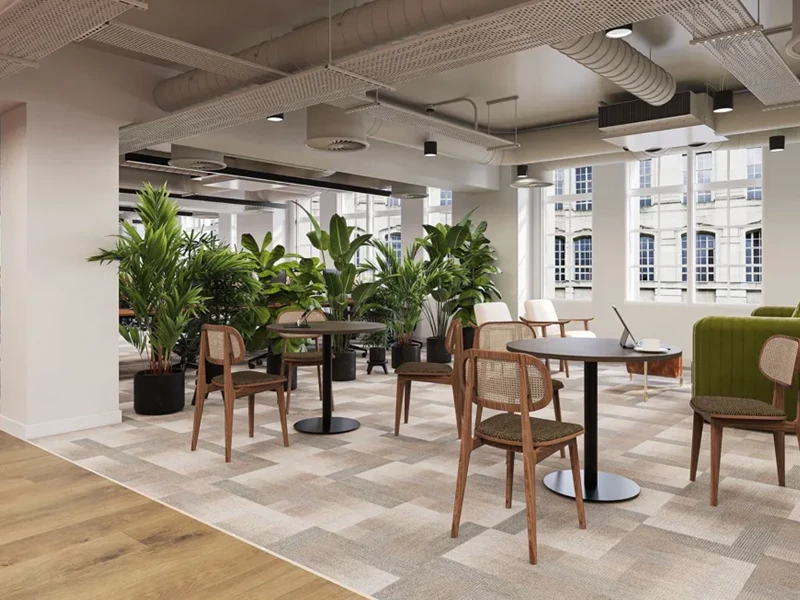When we talk about social value, it is essentially thinking past the economic value of providing a service or product, and considering how that process can improve the well-being of employees, local communities, and the wider society – at Savills, we refer to this as the ‘Four Pillars of People’. Pillars one and two include people who live and work at the asset (the primary focus), pillar three includes people who access the asset through public routes and pillar four is people who would not typically access the asset (often a missed opportunity). When the needs of the people within these four pillars are considered, this opens up a wider social aspect to development to produce significant value and a lasting positive impact.
When considering the ‘S’ in ESG, due to the lack of policy around social value, it is often considered a ‘good to have’ rather than a ‘must have’. Many organisations have established strategies around achieving the ‘E’ and the ‘G’ but by not considering social initiatives they risk not attracting occupiers, members, and employees, who expect more from their experiences of coming into the space. Social value tends to vary across different sectors, so what does it look like in the flexible office market, and what are the opportunities for both occupiers and operators to support all four pillars of people?
Maximising Social Value in Flexible Office Spaces
When delivering a social value strategy, it is essential to identify all associated stakeholders within the local community and local authority – that way you can see the potential reach of your initiatives and the opportunities to do more. Social value for flexible offices is hugely impacted by the purpose of the building and who the target audience of users is. The key difference for flex operators is the ability to upsell amenities and services to occupiers as well as host external events that can be monetised. Operators therefore have a number of ways to maximise social value as outlined below:
Food and beverage
Outsourced services like cafes run by social enterprises can deliver social value benefits by their very presence. For example, at its space in Brighton, Plus X has incorporated Café Domenica, a non-profit café that gives young people with disabilities the opportunity to learn new skills in a real work environment. In addition, GPE works with a number of social enterprises including SEND Coffee, Nemi Tea and Luminary Bakery, stocking kitchen areas with their products and introducing them to their customers.










